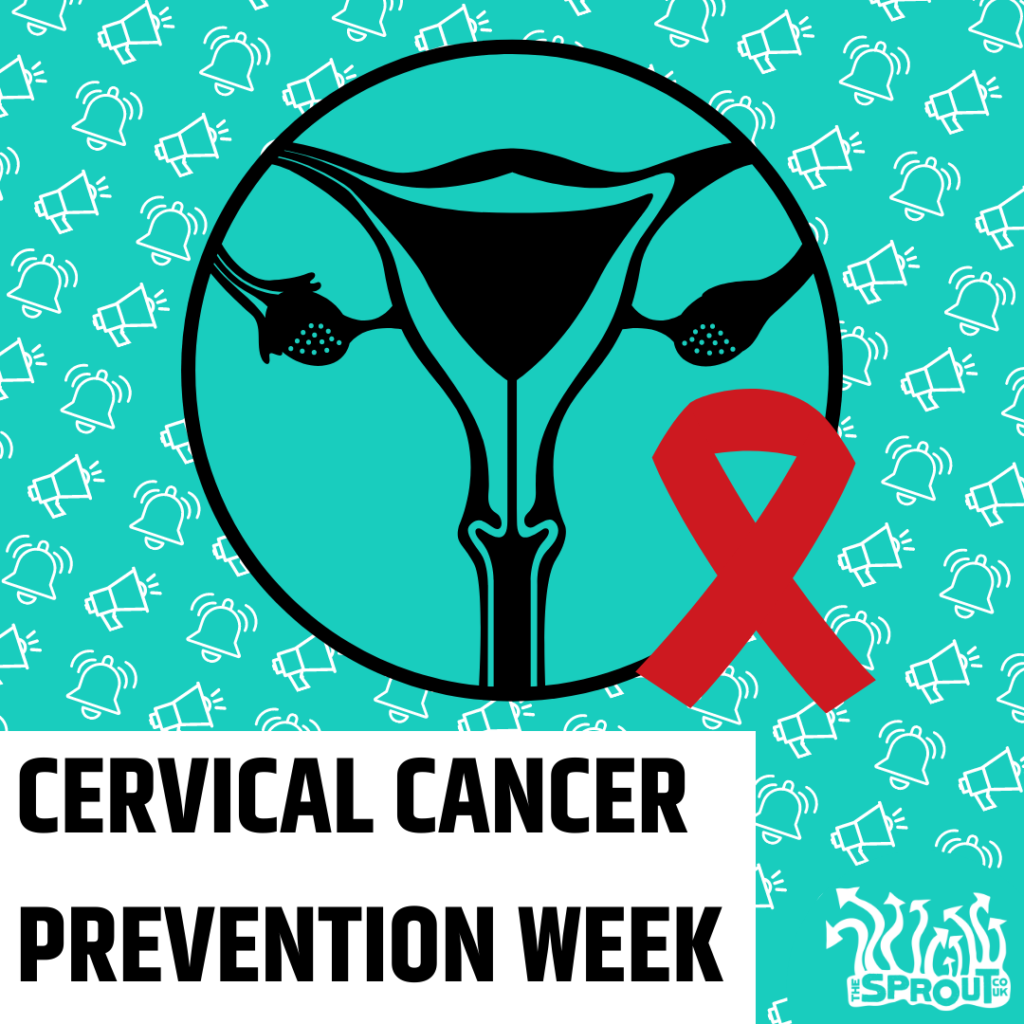Cervical Cancer Prevention week runs from 17th-23rd January 2022 and is a fantastic opportunity to raise awareness on the risks of cervical cancer.
What is cervical cancer?
Cervical cancer symptoms include vaginal bleeding that is unusual for you, changes to vaginal discharge, discomfort during sex and pain in your lower back or pelvis. If you have symptoms, you should contact your GP.
What is a cervical screening?
A cervical screening checks the health of your cervix. A small sample of cells is taken from the cervix and checked for certain types of human papillomavirus (HPV) that can cause changes to the cells. If present, the sample is then checked for any changes in the cells which can then be treated before they get a chance to turn into cervical cancer. The NHS advises women between the ages of 25 to 49 to have a smear test every three years.
I’ve had the HPV vaccine. Do I still need to go for a smear test?
HPV stands for Human papillomavirus and is a common virus that most of us will have at some point in our lives. There are over 200 types, each with its own number. 13 of these HPV types are linked to cancer which are called high-risk HPV. The HPV vaccine aims to stop you from getting some types of high-risk HPV.
Although the HPV vaccine protects against 70% of cases of cervical cancer, it does not guarantee protection. Going for cervical screening when invited can help find a high-risk HPV infection or changes to cells (abnormal cells) early before they develop.
A story that’s closer to home
Pontypridd Labour MP Alex Davies-Jones, 31, said that she was invited for her first routine screening in December 2015 and but put it off. After receiving a reminder in April 2016, she went to the cervical screening where she was diagnosed with CIN3 and had to have surgery. If left untreated, CIN3 can have a high chance of becoming cancerous. She was left without the majority of her cervix after the surgery. Ms Davies-Jones now uses some of her platforms to urge others to attend cervical screenings and do not delay the appointment because “you are too busy”.
Useful links
Jo’s Cervical Cancer Trust provide detailed information and support about cervical cancer.
Further information about cervical cancer and smear tests can be found on the NHS website.

